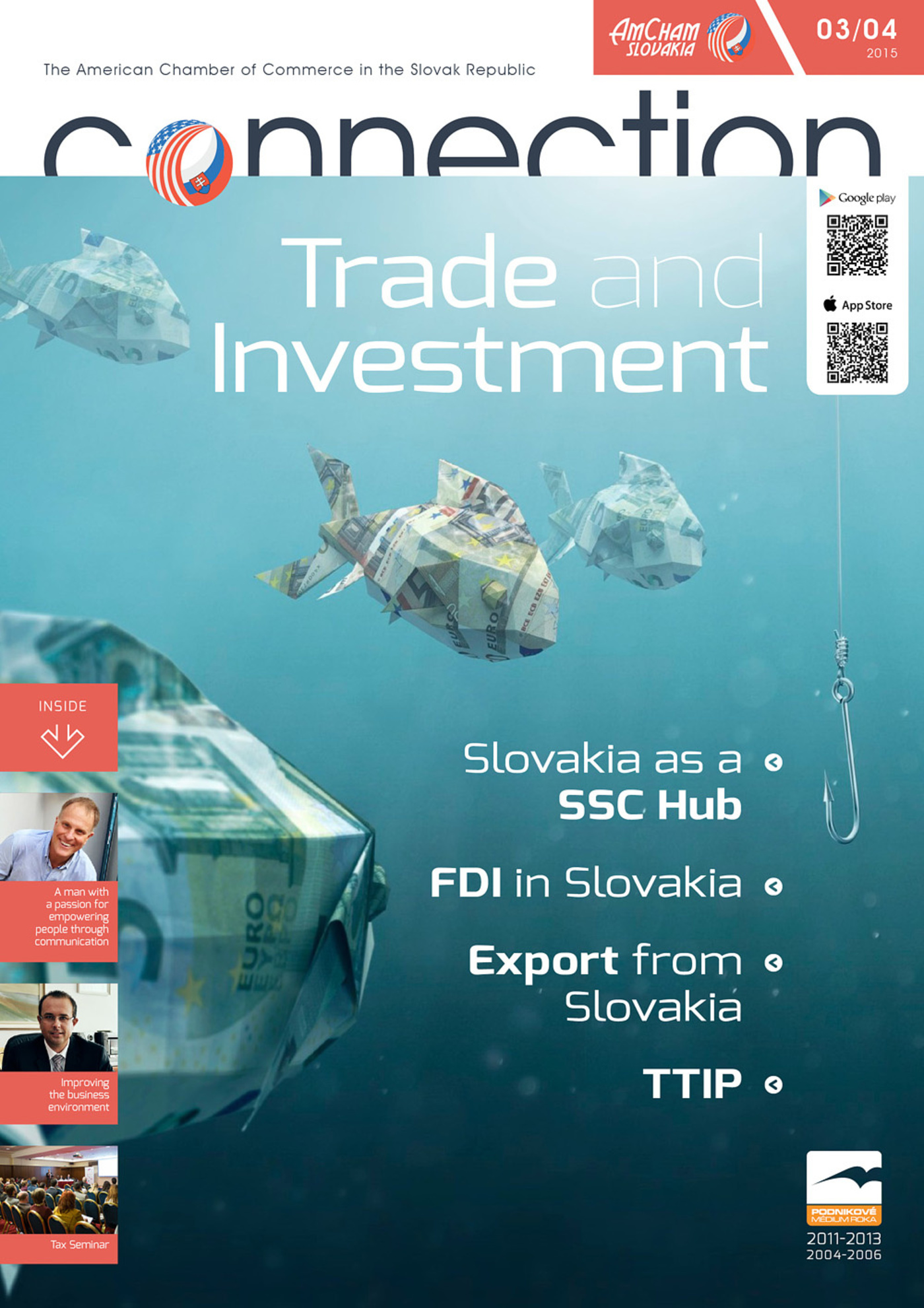Much has been said about the conditions of doing business in this country as this agenda concerns any entrepreneur in the context of day-to-day life and operation of their company. This is why I see the Ministry of Economy as a natural partner to entrepreneurs. I am fully aware that nowadays it is also the EU legislation that has a strong impact on the economic life of the country. That is why it is going to be important to provide support to all the tools and measures assuring better functioning of the single European market as well as a reduction and streamlining of future regulation and of the administrative burden felt by both businesses and citizens. Measures facilitating sustainable development and economic growth of Slovakia will be of key importance too. One of the tools that I believe will contribute to higher quality of the legislative process is the Uniform Methodology of Assessment of Selected Impacts. It was approved by the Slovak Government and should be one of the essential building blocks contributing to improved dialogue between the entrepreneurs, authorities and other stakeholders involved in the legislation process. The goal of the Uniform Methodology is to increase transparency in developing public policies and to mitigate the risk of unforeseeable consequences. The new policy introduces the institute of compulsory consultancy with businesses when preparing specific materials and in some selected cases it also implements the institute of final assessment of selected impacts. However, I believe that the key contribution of this policy is that it crosses the boundaries of the respective ministries thus assuring coordination of the respective activities and improving the cooperation of methodology experts in other involved bodies of state administration.
Changes in the European legislation have led to necessary legislative adjustments resulting in the amendment to the Act on Investment Aid which is currently undergoing the legislation process in the Slovak National Council. We perceived the necessity to amend the Act as an opportunity to implement other changes resulting from the current economic situation still affected by the ongoing challenges posed by the economic crisis. As of July 1, 2014, the European Commission changed the conditions regarding the intensity of the provided state aid, which means we will be able to increase the maximum limit in selected regions from the current 25% to 35%. The amendment puts new investment projects on equal footing with expansions of existing projects. Also, following a discussion among the stakeholders we have decided to introduce the condition of creating 40 new jobs. The amendment will also bring a more effective investment aid approval procedure. In particular, the Ministry of Economy will be providing indicative offers of investment aid, the procedure should take no more than 100 days and the administrative burden for the applicant will be reduced. Specific attention is paid to the necessity of linking businesses with R&D centers as innovation is one of the key priorities of our ministry. I am glad in particular that this material was submitted following an extensive discussion and I believe that it will contribute to regaining of Slovakia’s former FDI positions.
In October 2014, the government approved the Operational Program Research and Innovation for the years of 2014 – 2020. The policy is a joint programming document of the Ministry of Education, Science, Research and Sports and the Ministry of Economy governing the provision of support from European structural and investment funds. Its aim is to strengthen research of technology and innovation as well as to increase competitiveness of Slovak SMEs. Innovation is another priority of the Ministry of Economy and I am positive that projects implemented within this program will create new jobs with higher added value. I am also pleased to see that out of the €2,2bn package, as much as three quarters are earmarked to fund research and innovation. Yet another positive observation is that this material is a result of intensive cooperation with the business sphere and that the funds from the operational program can also be drawn by large companies.
I do realize that entrepreneurs may sometimes feel generally dissatisfied and there is a lot of space for improvement; this is why we are promoting cooperation and effective communication with all the ministries that may influence the legislation. But let me be clear on one point: whether it is the Uniform Methodology of Assessment of Selected Impacts, the amendment to the Act on Investment Aid or the Operational Program Research and Development, I am convinced that all these documents will bring positive changes contributing to a more effective state. A favorable business environment and its sustained improvement are essential prerogatives of economic growth, creation of new jobs and increasing competitiveness. This convinces me that we must continue in the current pace of work to make sure we achieve the goal that we strive for: satisfied entrepreneurs.
Rastislav Chovanec, State Secretary of the Ministry of Economy of the Slovak Republic



Follow us